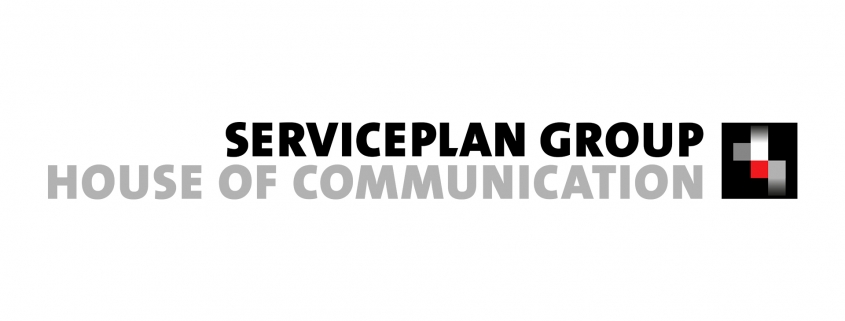We have 25 employees in the office. The office is situated near Park Gorkogo (on Sadovaya Ring), which is now a center of the city.
Daily life in Moscow does certainly have its crushing features that dictate how we work, live and socialize.
The phrase “10 points” referring to Moscow traffic gridlock (10=paralyzed traffic) has become a stock phrase in Muscovites’ conversation. Navigating Moscow’s streets is quite an experience at the best of time – in winter, it’s downright remarkable. In winter, unlike the rest of Europe, we live on summer time (two hours ahead of standard time), and this extra hour of darkness make what is already a challenging commute even more “entertaining”.
I arrive in the office around 10 am. Few people are around but all are beginning to filter in slowly but surely – having battled the traffic on the highway, or tightly pressed crowds on the metro attempting to squeeze through turnstiles and comparably packed trains… now all waiting for the sun to peep over the horizon…
I grab a coffee and settle down at my desk for the client and internal mails that await me, and for the review of the new business pitch document that the team has worked on and that needs to be couriered before noon today to meet the application deadline.
11 am, already time for real-time update on Moscow gridlock again, to decide on how to make it on time to the progress meeting on the major campaign with the key client. “10 points”, according to Yandex (a leading Russian internet search portal that provides daily, real-time updates on Moscow gridlock), the city does not move. The heavy snow has come. It comes every year, and every year it’s a surprise. Is it not better to abandon driving and hop on the metro to get anywhere on time?
12:00, a disaster check – the courier delivered the pitch document just a couple of minutes before the deadline, hurrah!
1 pm at the client now. Not too late for the meeting. The clients are happy with the layout but still not happy with the copy. No time for lunch. But a coffee at the client’s was good. I am heading back to the office now. “10 points” on the Moscow roads, it isn’t getting any better.
However much the roads are widened, however many new interchanges are built, the speed of traffic drops from year to year, but the speed of business does not, on the contrary, it’s getting faster and faster. A new brief just came in from the network, not allowing enough lead time for it!
3:30 pm. I am still on the way to the office. It’s getting dark already – and still so much to get done.
Review with creatives afterwards on the key campaign and with planning on the urgent new business opportunity. And afterwards, there is a new job candidate waiting to share his experiences and work examples.
I am leaving the office late. Traffic density index is down to 7 now – hurrah! Tomorrow is another day.


 Today, companies are effectively adopting the concept of sustainability for advertising purposes. How has sustainability become a sign of a company’s prestige?
Today, companies are effectively adopting the concept of sustainability for advertising purposes. How has sustainability become a sign of a company’s prestige?